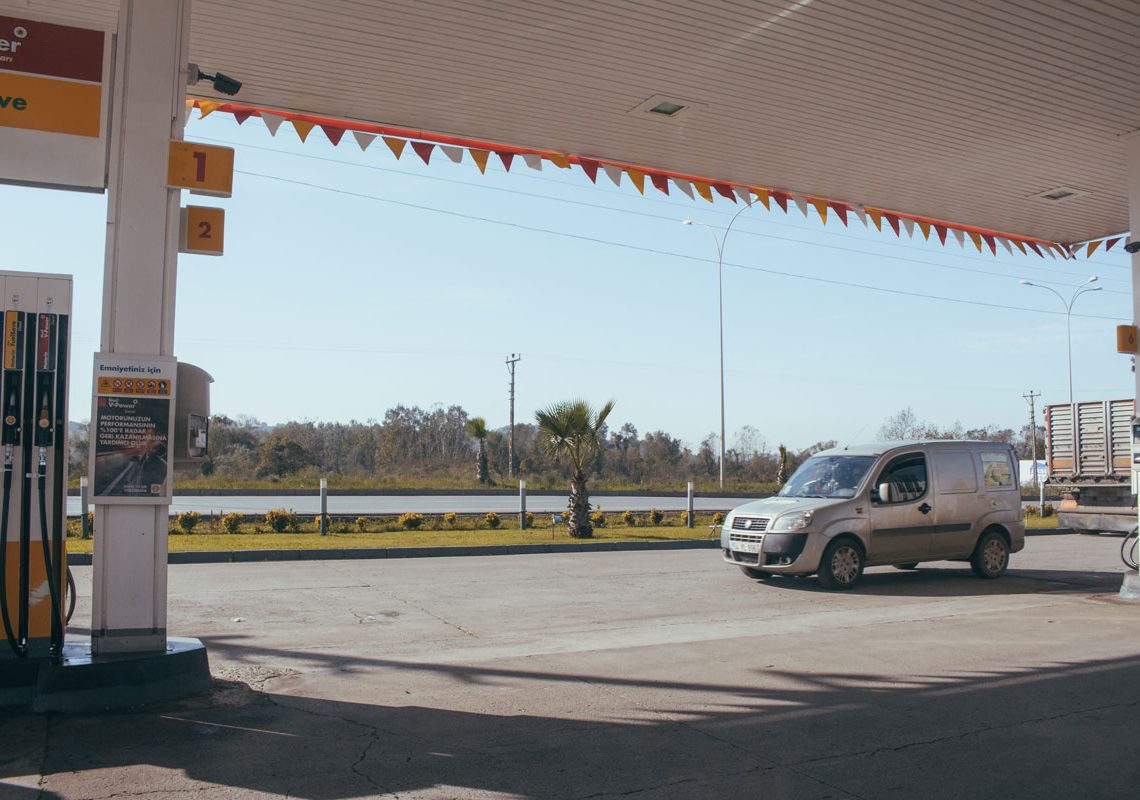It’s a story as old as time. British fuel retailers doing everything they can to hang on to higher prices when the wholesale prices they pay fall, thus achieving bigger margins. Maybe that’s fair? I mean we live in a Capitalist society. We’re all here to make money, aren’t we? Who are we to complain when people make a profit?
The BBC has today reported that Brent Crude, the well known standard by which oil prices are set, has dropped back under the $100 per barrel level that it was at before March, and well below the levels that have caused record high prices at pumps in the UK.
There are a few interesting reasons behind the price drops, including that ever-present story of the 2020’s so far – Covid, showing itself again in China and some people being overly-optimistic of a ceasefire in the Russian invasion of the Ukraine. From our perspective though, neither of those things should affect the prices in the UK. But they are doing.
What Goes Up, Rarely Comes Down (When it comes to fuel prices)
The problem is though, that whilst prices race up whenever the prices of Brent Crude rise, they fail to drop again when Crude falls. It’s happened far too many times in the UK, but nobody has ever done anything about it. And by anybody, we mean either the government or any kind of regulatory body that could (or should) step in and force the retailers to treat customers fairly.
The average prices of petrol rose to over 163.7p per litre this week and there have been reports of diesel regularly reaching over 180.0p per litre at pumps. Any transport companies that don’t pass these costs on to customers are going to put themselves at real risk of losses when the fuel bills arrive.
Of course, one thing that the Government could do to help, is temporarily reduce the 40% fuel duty that accounts for the biggest single percentage of each sale. We all know that’s not going to happen though.
In the meantime, it’s down to each of us to do whatever we can to make every penny count. And that means:
1) Make sure your tyres are inflated correctly
2) Adjust your driving – be smooth, keep the revs down
3) Consider using a fuel card


